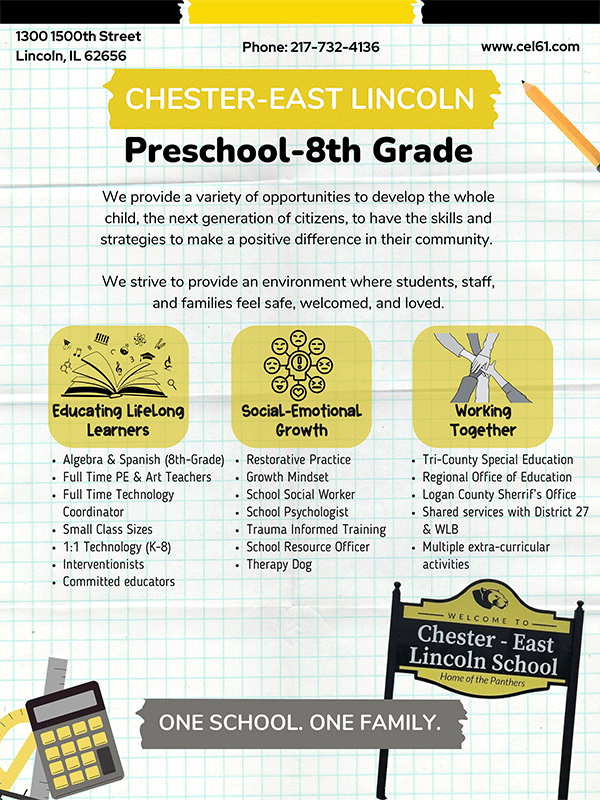|
President Donald Trump launched tariffs on Canada and Mexico,
only to postpone them for a month, but across-the-board Chinese
tariffs remain.
The small business networking platform Alignable survey shows
nearly one in three businesses nationwide anticipate revenue
losses, but researcher Chuck Casto said the percentage is higher
in Illinois.
“Of the states that we looked closely at, Illinois ranked as the
third highest state of small businesses who are concerned about
what the tariffs could do to their revenues where we had 35%
from Illinois telling us that,” said Casto.
Only Minnesota and Washington state were higher.
In contrast, 18% of small businesses nationally foresee a boost
in sales, and just half of them (9%) predict substantial gains.
Meanwhile, 40% of respondents believe tariffs will have no
impact on their businesses, while 12% remain uncertain.
Casto said small business owners fear increased costs and supply
chain disruptions could force Main Street businesses to hike
prices, reduce staff, or shut down altogether.
“That is one concern for sure that they would have to raise
prices and that could scare away some consumers,” said Casto.
Manufacturers and business consultants were the only industries
where more small business owners predicted sales increases
rather than losses.
“Small businesses are already navigating a financial minefield –
rising costs, inflation, and economic uncertainty,” said
Alignable CEO Eric Groves. “Now, the threat of new tariffs could
be the breaking point for many.”
Another survey of small businesses shows optimism, but also
uncertainty is on the rise.
The National Federation of Independent Businesses Small Business
Optimism Index fell in January, while the Uncertainty Index rose
14 points to 100, the third highest recorded reading.
"Small business owners remain on edge about the upcoming
expiration of the federal Small Business Tax Deduction and the
lingering inflation and workforce pressures," said NFIB Illinois
State Director Noah Finley. |
|



